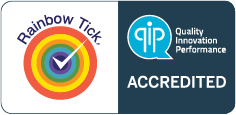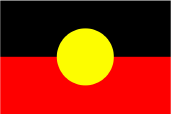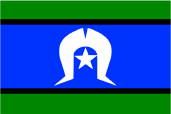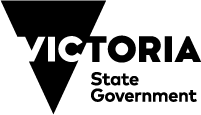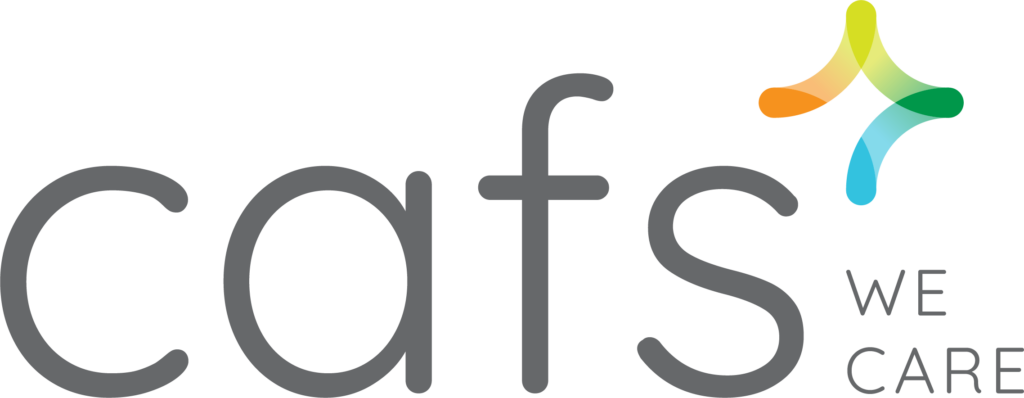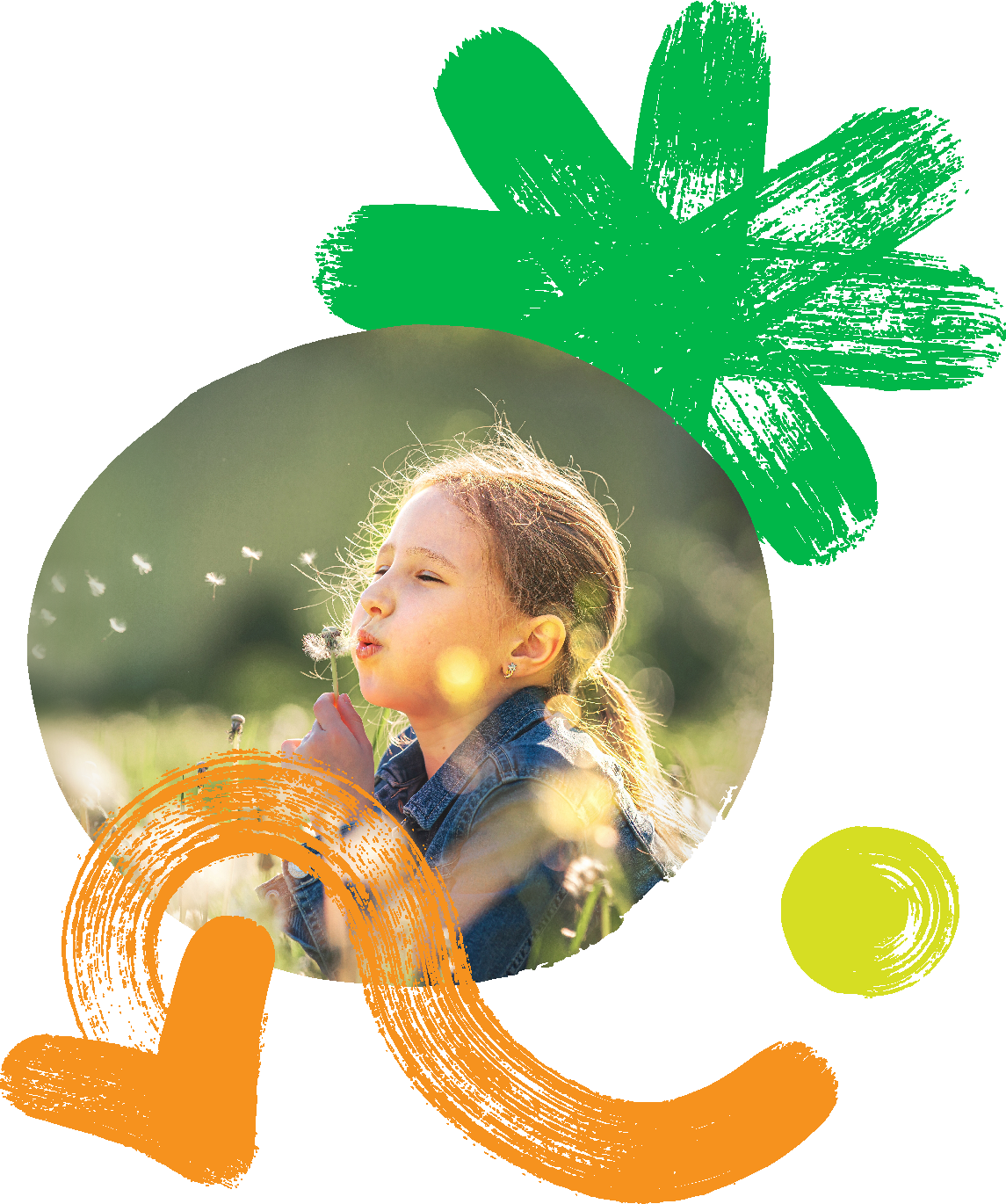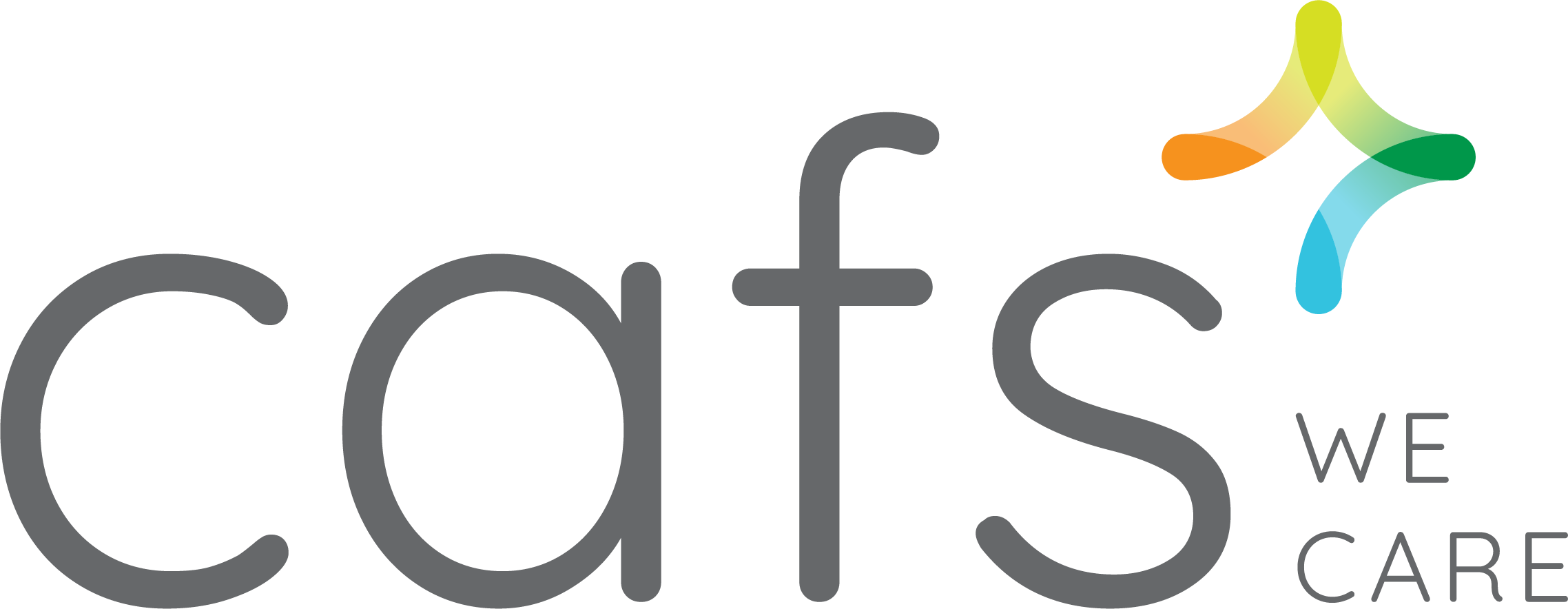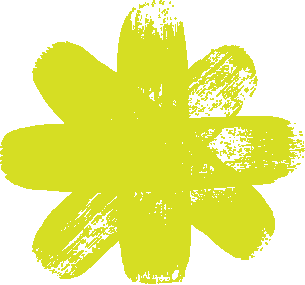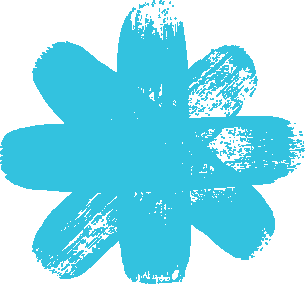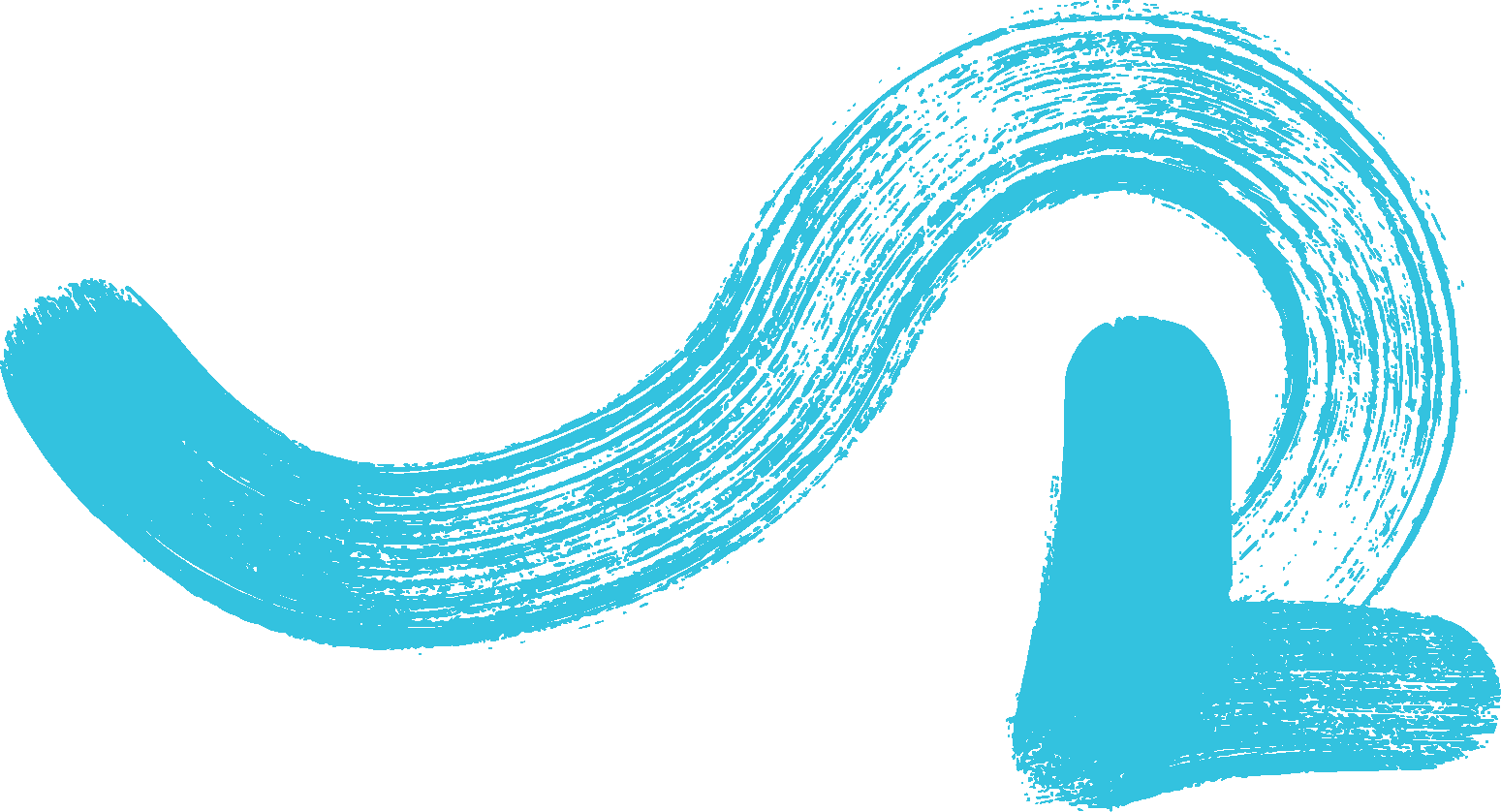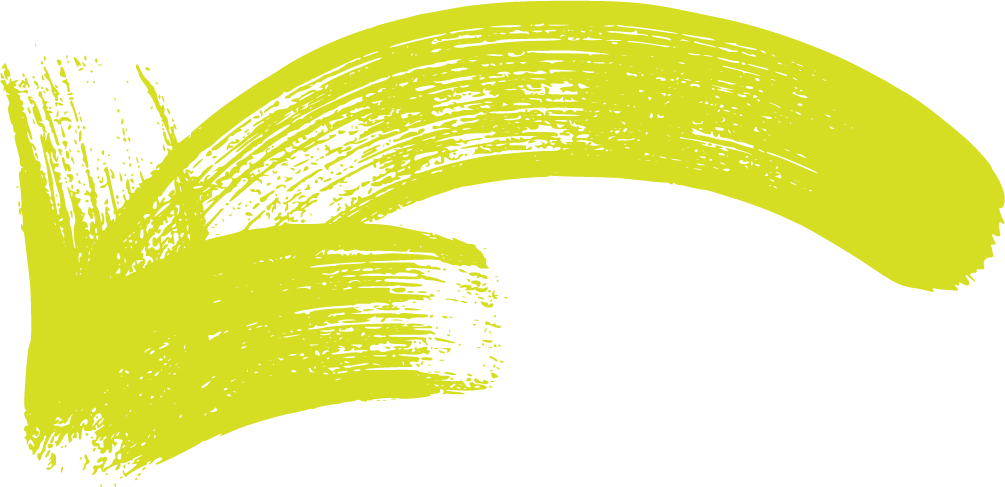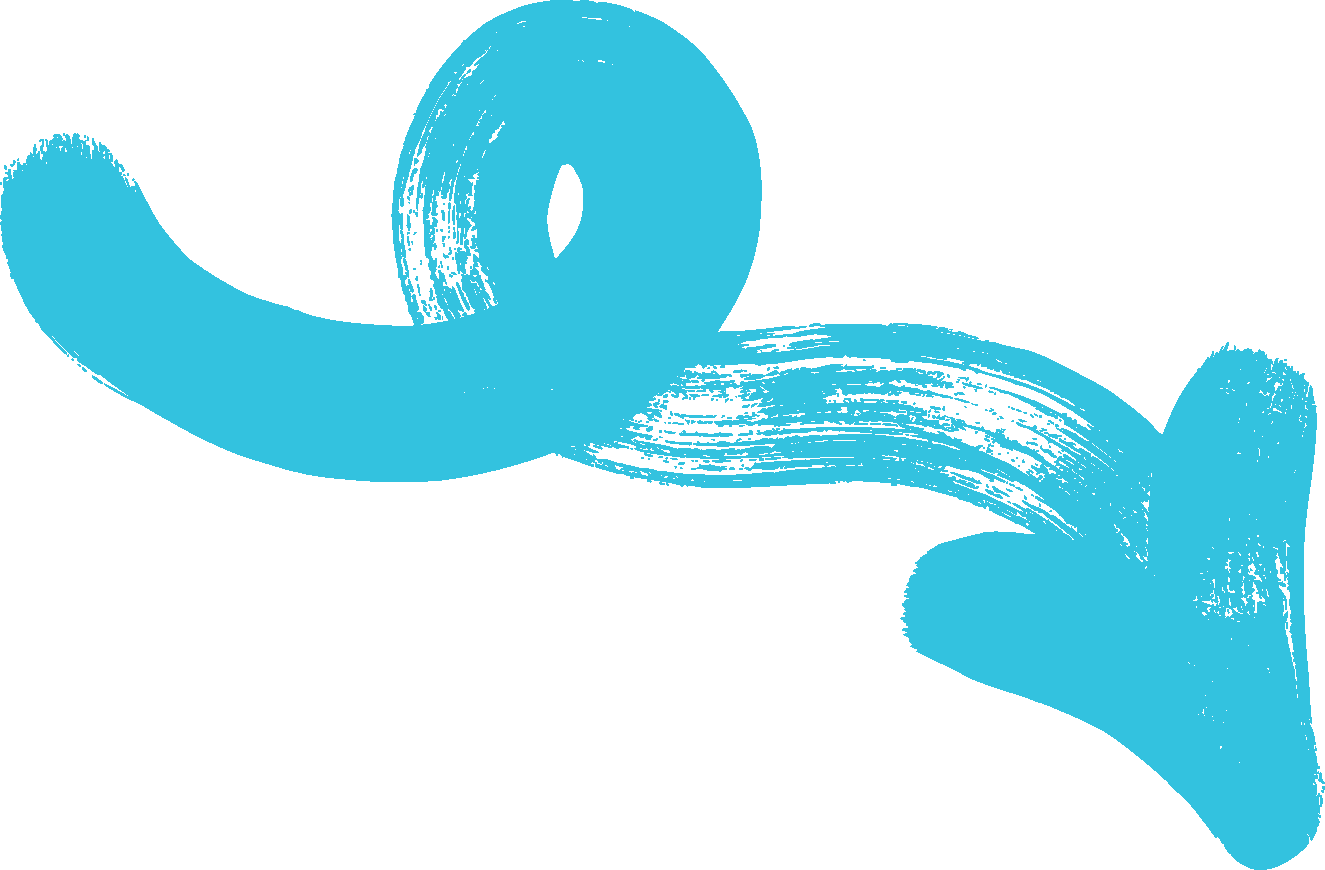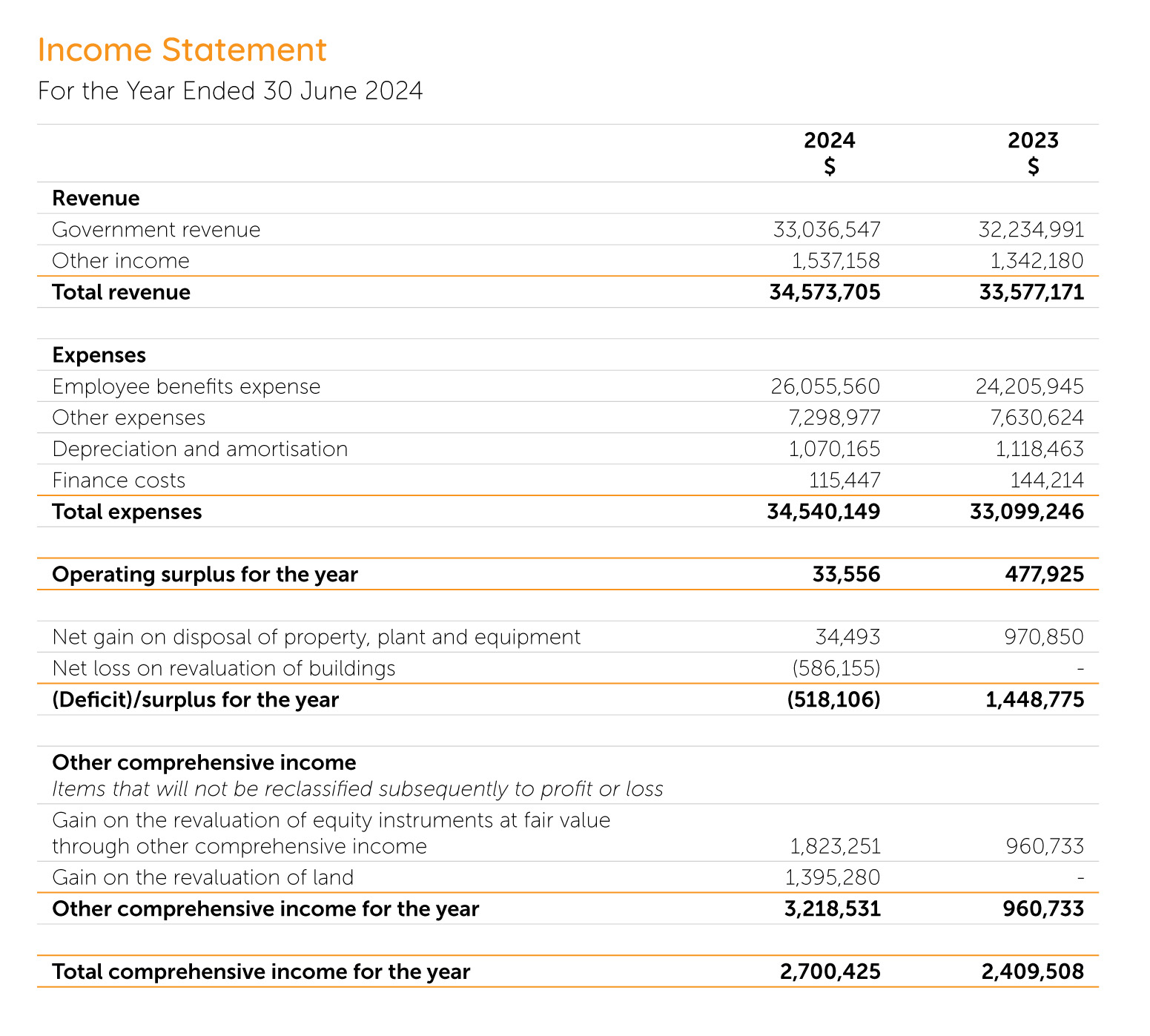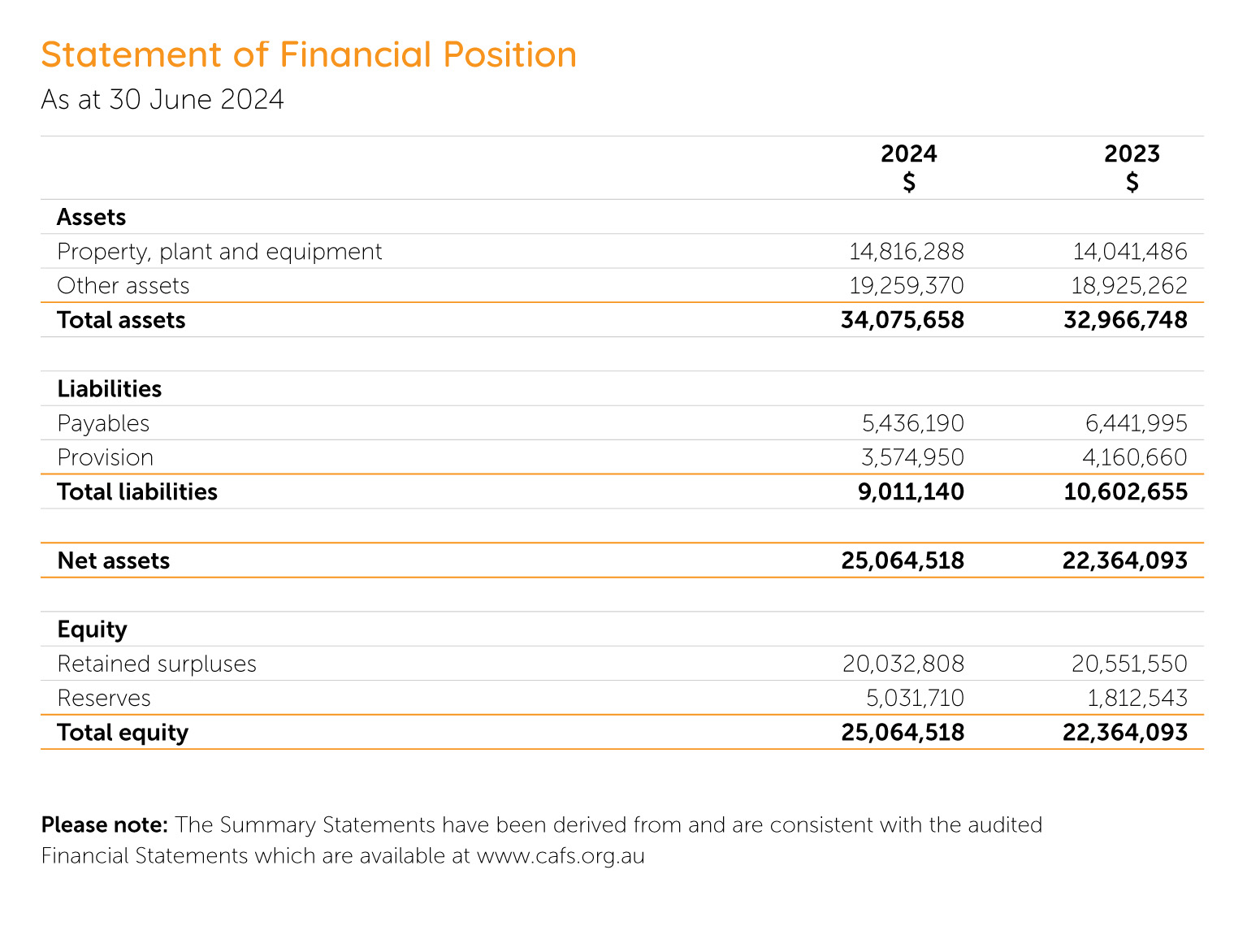Annual Report
2023–2024
Reconciliation Statement
In the spirit of reconciliation we give deepest respect to Australia’s First Nations Peoples. Their histories, their stories, their resilience. Their connection to culture and land. The wisdom of their Elders past, present and emerging.
Cafs (Child & Family Services, Ballarat) acknowledge the Wadawurrung, Dja Dja Wurrung, Wurundjeri, Djab Wurrung, Wotjobaluk, Jaadwa, Jardwadjali, Wergaia and Jupagulk people as Traditional Owners of the land on which we work and live. They are First Nations people of the Kulin nation. They have cared for the land and each other for generations and continue this care today.
As a result of historical and ongoing violence, colonisation, assimilation, racism, discrimination, embedded structural disadvantage and a dominating Eurocentric culture in Australia, Aboriginal and Torres Strait Islander peoples have suffered many losses including family, land, culture and language. The impact of this dispossession has resulted in significant social, political, economic and health inequities between Aboriginal and Torres Strait Islander peoples and non-Indigenous Australians today.
In spite of this adversity the strength of First Nations Peoples is seen in their ongoing fight for justice, self-determination, recognition, land, language and culture.
We also acknowledge that our own past organisational policies and practices contributed to the irreparable breaking up of families through the Stolen Generation, especially in Ballarat and surrounding areas where a number of Aboriginal children were placed in children’s homes.
Carer Recognition Act
Cafs performs its responsibilities under The Carers Recognition Act 2012.
The Act recognises people in care relationships and the role of carers in our community.
The Act sets out principles that recognise and support people in care relationships and includes obligations for state government, local government and organisations that support people in care relationships.
Our processes ensure Cafs people and carers understand the Care Relationship Principles, including:
- Every carer receiving a copy of the Department of Health and Human Services Carer Recognition Act 2012 Fact Sheet.
- The Out of Home Care team continues to develop support principles in alignment with the Care Relationships Principles.
- Cafs regularly evaluate the support and assistance provided to people in care relationships.
Our Service Areas
Click on a locality to view the services they provide
Ballarat
- Family Violence and Child Wellbeing
- Family Support
- Family Case Management
- Family & Disability Case Management
- Adolescent Family Violence in the Home
- Keeping Families Together
- Family Relationships
- Home Based Care
- Youth Services
- Client Engagement & Community
Ararat
- Family Support
- Children’s Contact Centre
- Post Separation Cooperative Parenting Program
- Home Based Care
- Financial Counselling
- Gambler’s Help
Central Goldfields
- Gambler’s Help
Golden Plains
- Family Support
- Home Based Care
- Financial Counselling
- Gambler’s Help
Hepburn
- Family Violence and Child Wellbeing
- Family Support
- Home Based Care
- Financial Counselling
- Gambler’s Help
- Housing & Homelessness
Moorabool
- Family Violence and Child Wellbeing
- Family Support
- Home Based Care
- Financial Counselling
- Gambler’s Help
- Housing & Homelessness
Pyrenees
- Family Support
- Home Based Care
- Financial Counselling
- Gambler’s Help
CEO's Report
Advocacy has been a major focus of my work over the past year, alongside enhancing service delivery with our clients and teams.
Cafs has led impactful campaigns on issues such as the cost of living challenges, homelessness, housing unaffordability and the need for funding to mitigate gambling harm, particularly among youth who enter gambling through gaming.
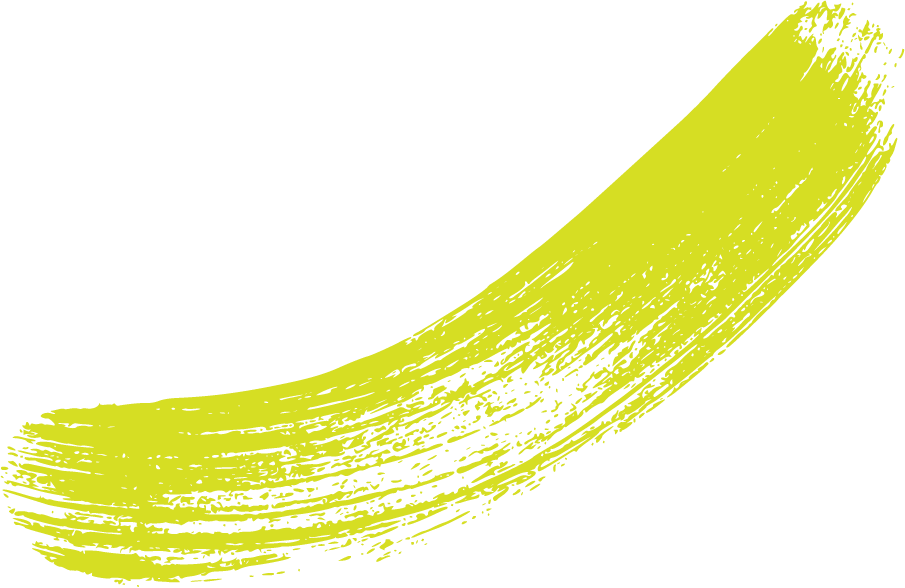
Cafs has been at the forefront of addressing community concerns about the safety of women and children in our region. The recent decision to end the Court Mandated Counselling Orders Program for men who use violence (effective June 30, 2024) was alarming, especially given the recent protests focused on the alleged murders of three local women.
In response, we launched a targeted campaign advocating for the continuation of the program, particularly for high-risk men in the Court system. Although we requested a 12-month extension to co-design a new model, this was not granted. We will persist in seeking a resolution, as engaging with men who use violence is crucial to breaking the cycle of violence. With the new Saturation Project in Ballarat, Cafs will emphasize the importance of addressing trauma and building skills to end violence, which is vital for community safety.
We were encouraged by the recent State budget funding allocation for therapeutic support for young people in residential care. However, the return to housing resulting in four young people per youth residential home has affected the cost, viability and impact of this service, resulting in Cafs operating these homes at a loss. The lack of Foster and Kinship carers in Victoria further complicates placement issues.
I extend my gratitude to everyone at Cafs, our teams who provide direct service – Team Leaders, Managers, Executive, Supervisors, Senior Practitioners. Also thanks to our community stakeholders including our funders – State, Federal and Local Government and, importantly, our donors.
Your support is invaluable as it helps us help the communities we serve. A special thank you to the Board, especially the Chair, Deputy Chair and Chairs of our Committees.
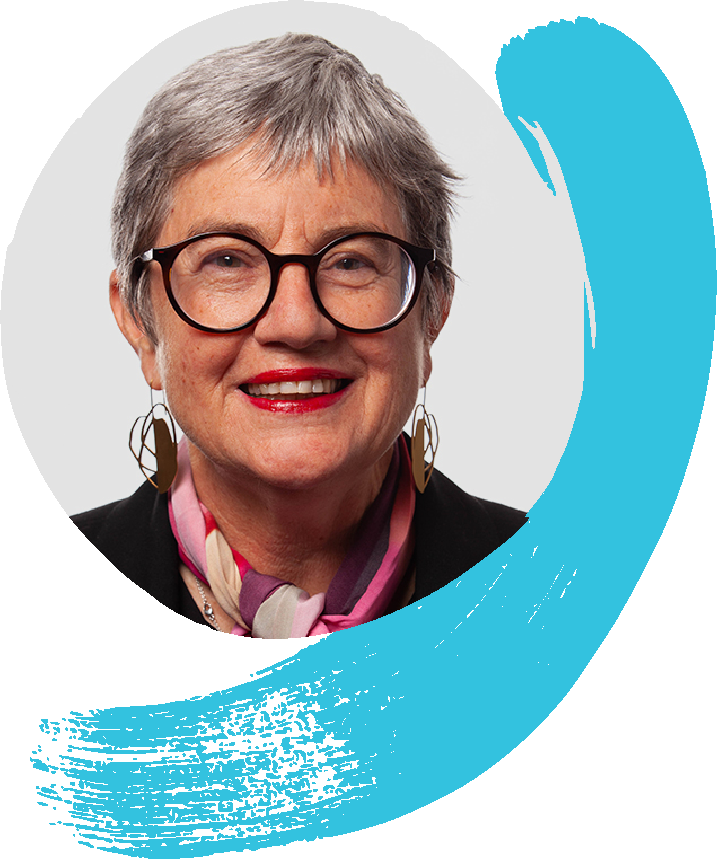
Wendy Sturgess
CEO
Chair's Report
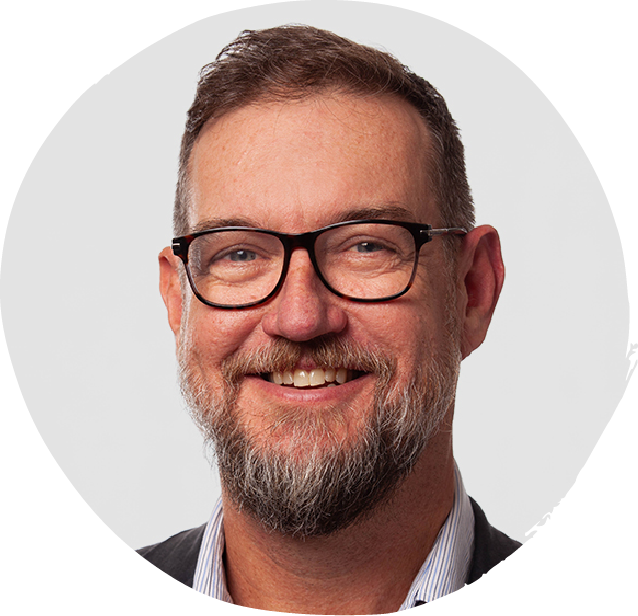
John White
Chair, Cafs Board
I am pleased to present my Chair’s report for the 2023–2024 year.
In leading the Cafs board over the past twelve months, we have finalised our board renewal project, welcoming three new highly skilled members to the Board; Andrew Henwood, Cherie Salmon and Jeff Pulford.
And over the past year, the Board has continued to work on securing a solid funding foundation to support Cafs now and into the future.

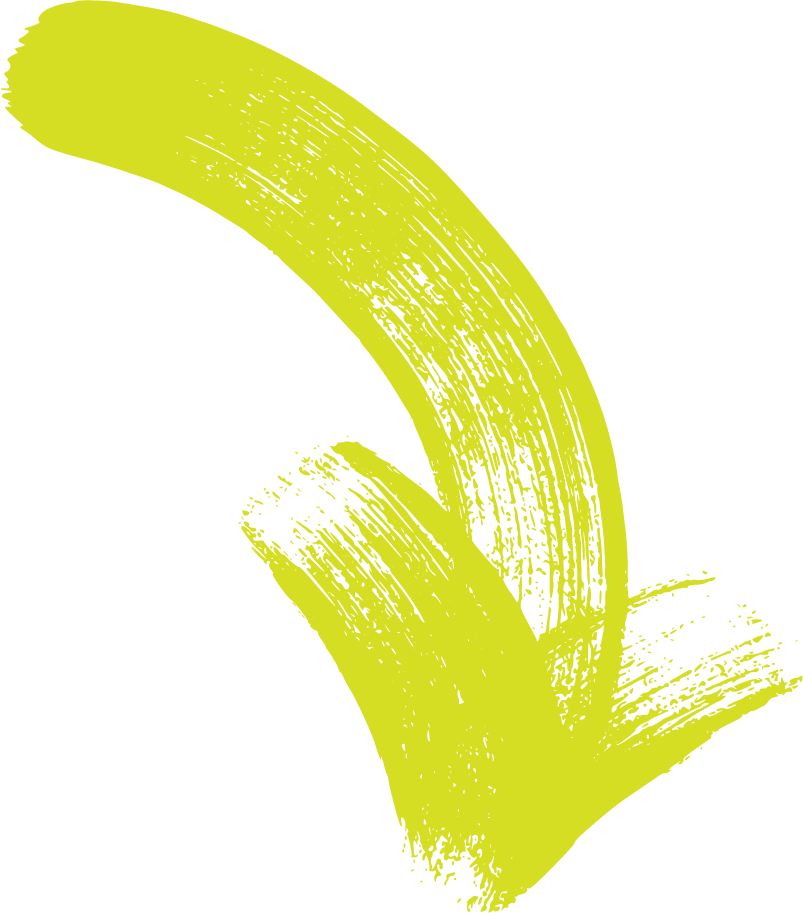
Now, after more than eight years on the Board of Cafs, the last as Chair, the time for me to pursue other endeavours has come. Looking back on my time with Cafs since joining the Board in March 2016 the organisation has made significant progress with the scope of programs serving children and families expanding considerably.
I am incredibly proud of Cafs achievements and grateful for the opportunity to have been part of such a dedicated team. All that we have achieved together is a testament to the collective efforts of the CEO, Executive, Board and the wider Cafs team members. I have learned a great deal during my tenure and want to express my heartfelt thanks for being part of this outstanding organisation.
I feel confident that the organisation is in safe hands and is ready to develop a new and robust Strategic Plan for 2025 – 2028 building on the enablers of workforce sustainability, excellence in operational frameworks, and both economic and environmental business sustainability.
Thank you to our funders, generous donors and steadfast community partners for their ongoing support of the important work Cafs does.
Our People
backgrounds
LGBTIQA+
disability
Firstly, we acknowledge the amazing work that our teams do, bringing a wide range of experiences, skills and knowledge across nearly 50 programs at Cafs.
Building our workforce sustainability and capability has been a big focus over the last year.
A major step has been the development of a Workforce Capability Framework, which supports every level of the organisation to identify and build capabilities, both as a team and individuals.
This year, we took significant strides to solidify Cafs as an Employer of Choice by ramping up our efforts in recruitment, retention and succession planning which saw the highest level of internal promotions in several years.
We’ve also given our Culture & Engagement survey a refresh, benchmarking our practices against other leaders in community services. This approach not only helps us gauge our progress but also ensures we’re setting the bar high when it comes to workplace excellence.
Other notable achievements include:
- Development of Cafs Wellbeing Strategy
- Review of our Executive and Leadership structures to strengthen the organisation ways of working
- Implementation of OHS strategies and frameworks to build safe and supported workplaces
- Creating tailored Learning Plans and strengthening mandatory compliance
- New Leadership Development Programs
- Training to prevent and manage occupational violence and aggression
- Reflective practice has been seamlessly integrated into all Client Outcomes Teams, featuring comprehensive training and ongoing support from Advanced Practitioners to enhance skill development and application.
- Supported Trust Based Relational Intervention (TBRI) Model of Care to be embedded across the organisation
We remain unwavering in our commitment to creating a culturally safe, inclusive workplace and service environment. We truly believe that the diverse backgrounds and perspectives of our team and service users enhance our strength and effectiveness.
Our Inclusion and Diversity Action Plans have evolved significantly and we are thrilled to have engaged Cafs team members from every corner of our organisation in the implementation of a comprehensive set of actions and targets. These initiatives are designed to ensure that Cafs services are not only accessible but also welcoming to everyone who seeks our support. Together, we are fostering a culture where everyone feels safe, valued, and empowered. Our partnership in QHub Ballarat further enhances this commitment by providing tailored services for the LGBTIQA+ community that are welcoming, inclusive, and conveniently located close to home.
This financial year we are gearing up to push boundaries and redefine success as we focus on elevating our culture and innovating our frameworks with dynamic team growth and a relentless drive for excellence.
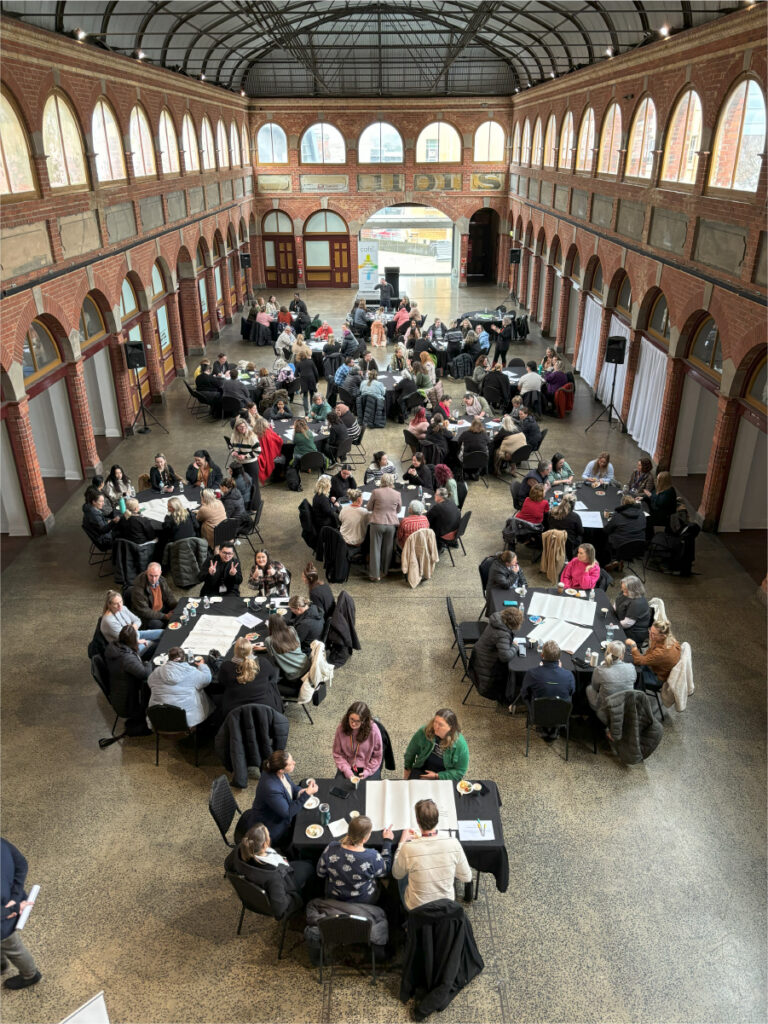
Strategic Business Plan
As we unveil our 2023–2024 annual report, we are thrilled to mark the second year of Cafs ambitious Strategic Business Plan – a journey that is not just a continuation, but a bold stride forward in our mission. This year, our commitment to our foundational pillars – Child Safety, Eliminating Family Violence and fostering Inclusion and Diversity – has never been stronger.
Our priorities continue to align with our mission to provide high-quality services that make a positive difference in the communities we serve.
In this report, we highlight our achievements from the past year by highlighting the stories* of the people we work with and the positive impact our services and people have made on their lives.
*Names in client stories have been changed to protect client privacy.
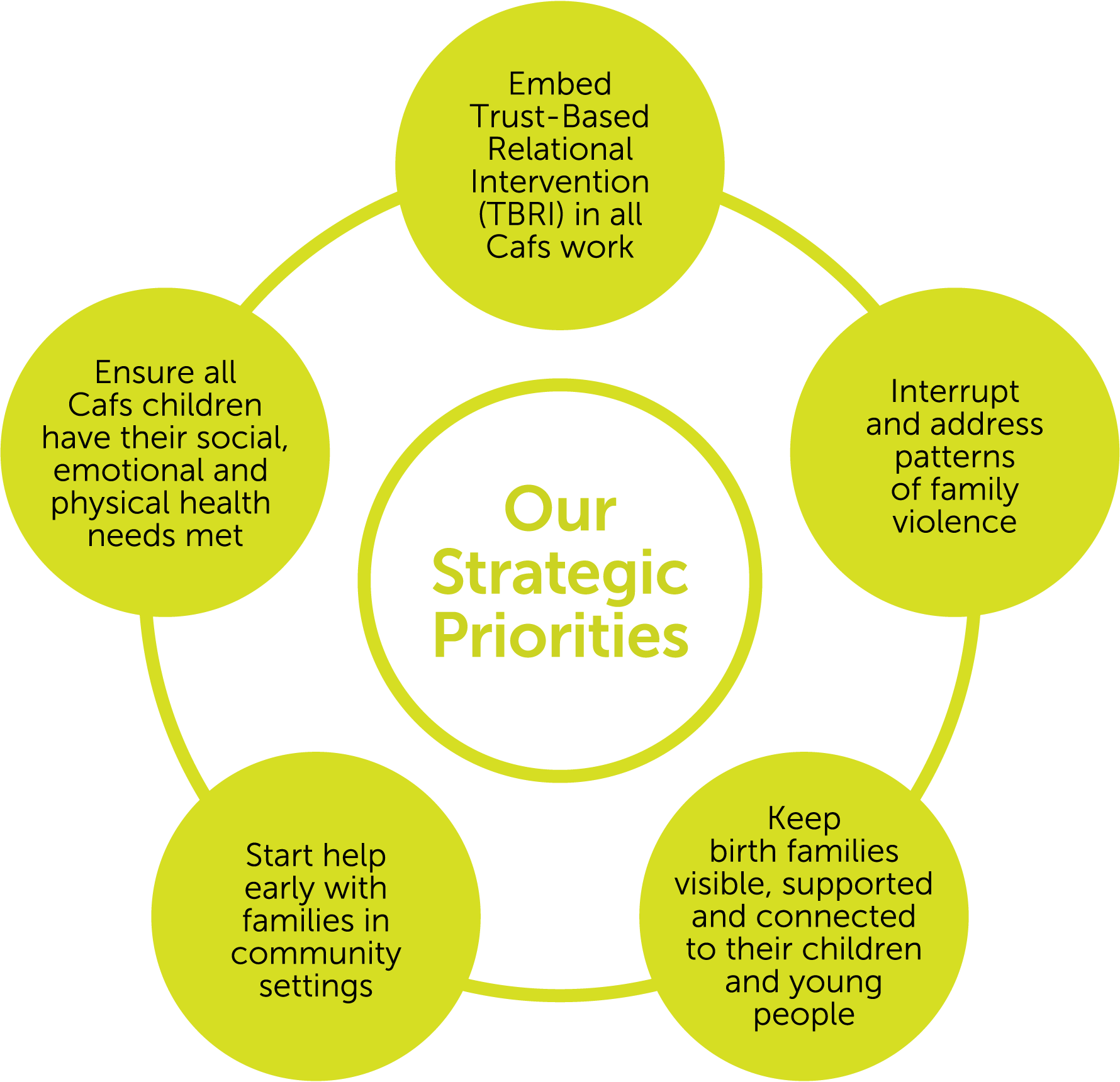


Trust Based Relational Intervention (TBRI®)
– Our trauma informed framework
TBRI® is Cafs chosen evidence-based framework proven to lead to enhanced outcomes for children, young people and their families.
Cafs identified that an appropriate evidenced-based framework needed to:
- include a trauma-informed approach.
- be underpinned by attachment theory and neuroscience.
- be relational.
While being ‘trauma-informed’ is a common goal in the community service sector, TBRI® truly sets itself apart by providing a deep understanding of the reasons behind challenging behaviours and offering clear strategies for addressing them. This transformative approach centres on building connections, which in turn fosters trust, nurtures healthy relationships, and facilitates healing, complementing our mission at Cafs.
One of the key principles of TBRI® is the recognition that our brains develop in stages and require a supportive environment to heal and grow effectively. TBRI® offers practical tools and strategies for creating this nurturing environment by considering the whole child – their brain, biology, behaviour, body, and beliefs. This holistic approach helps parents, caregivers, and professionals support children in reaching their fullest potential.
TBRI® integrates seamlessly across the entire organisation – from the provision of care for high-risk children and young people through to the way that our people and carers are trained and supported. The most exciting aspect of our TBRI® implementation is that we now possess in-house skills and resources necessary to provide therapeutic care for all clients. This capability empowers us to help individuals heal from trauma, develop effective strategies to navigate challenging behaviours, and build safe, nurturing connections with others.
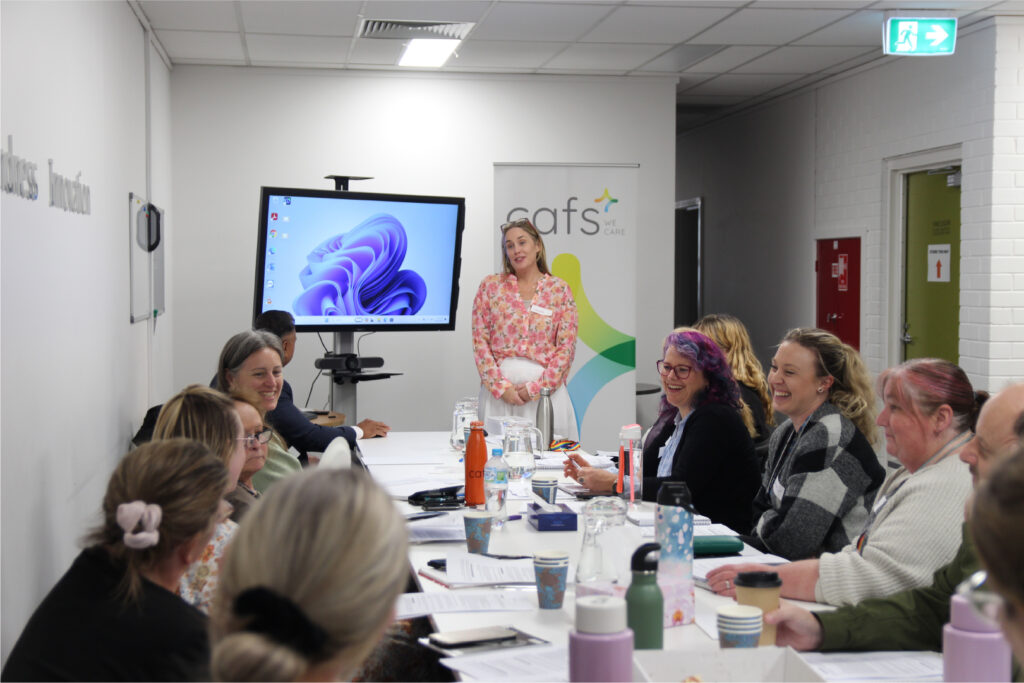
TBRI® integrates seamlessly across the entire organisation – from the provision of care for high-risk children and young people through to the way that our people and carers are trained and supported. The most exciting aspect of our TBRI® implementation is that we now possess in-house skills and resources necessary to provide therapeutic care for all clients. This capability empowers us to help individuals heal from trauma, develop effective strategies to navigate challenging behaviors, and build safe, nurturing connections with others.

Family Support
Empowering Polly*: Early support transforms school experience
Polly was in Grade 3 and was finding school to be a challenging space – feeling overwhelmed with her worksheets and uncomfortable in a busy classroom environment. Her dad, Ryan*, approached the school with concerns and took up the Principal’s suggestion that he check in about Polly’s needs with the Cafs Early Help Practitioner who is based in the school welfare space one day a week.
Through their discussions on Polly’s strengths and the challenges she was facing, Cafs Early Help Practitioner recommended screening for disability and neurodiversity to identify if there was an issue contributing to her difficulties at school.
A Clinical Psychologist diagnosed Polly with Level 2 autism spectrum disorder (ASD) and attention deficit hyperactivity disorder (ADHD). With a confirmed diagnosis, the Early Help team, working with Cafs Specialist Disability Practitioner, was able to engage the family with NDIS support, including occupational and speech therapy, social skills development and access to a community support worker.
Early Help also advocated for Polly at school to support the care team to engage with her in the school setting.
Polly is currently well supported to stay at school and her classroom experience is tailored to her needs. She has made some new friends and her feelings of overwhelm have been lessened thanks to her trusted support people.


Family Violence and Child Wellbeing
Success through collaboration: How integrated support services improved safety and wellbeing for a family in crisis
Our work with Matt* and his family began with a referral from The Orange Door, due to family violence reports about him, and safety and wellbeing concerns for his wife Sonia* and their two-year-old child.
Initially Matt exhibited resistance to support services. A language barrier between services, Matt and Sonia, who have a culturally and linguistically diverse (CALD) background, compounded the challenges.
To address the complexities of the situation and, particularly, the trauma for affected family members, a collaborative approach was adopted.
Family Safety Contact (FSC) worked closely with the Men’s Behaviour Change Program (MBCP) and Intensive Family Services (IFS) to develop a comprehensive plan to address Matt’s behaviour and create a safer environment for the family.
A crucial step in the intervention was the provision of a second phone to Sonia to enhance her communication and safety, providing her with a direct line of communication in case of emergencies.
Given the severity of the concerns, a report was made to Child Protection to initiate further investigation and protective measures for their child.
These collaborative efforts have resulted in positive outcomes for the family. Through consistent engagement and case management counselling, Matt is now actively engaged in the MBCP, willing to address his behaviours and to create a safer family environment. IFS has closed the case, indicating a reduction in immediate safety concerns. Family Safety Contact and MBCP continue to monitor the situation closely, providing ongoing support and risk assessment.
This situation exemplifies the importance of inter-agency and service collaboration in addressing complex family situations involving domestic violence and child safety.
By working together, service providers can effectively support families, reduce risks and promote long-term wellbeing.
Contact cases
Youth Residential Care
Anna's* Fresh Start
Anna transitioned to a new Cafs youth care house for a fresh start. From the beginning our practitioners focused on supporting her to achieve her two primary goals: getting back into study and engaging in extra-curricular activities.
Anna has now re-engaged with her school’s outreach program on a weekly basis demonstrating her tremendous commitment to learning and being a valuable student.
Anna is also now participating in activities four nights a week. She tells us she loves to have a Cafs practitioner present and watching her develop her skills, enjoys hearing the cheers and praise coming to her from the sidelines.
As every Cafs youth care house aims to achieve, the team around Anna have built a relationship with her so that she feels heard, understood, safe and supported to become the best version of herself. This has helped her not only to pursue her goals, but to reengage with her family in a safe and beneficial way. She is proud of her family and loves to share her stories and photos with staff members.
Anna is now settled in the youth care home and follows a healthy routine around sleep and self-care, often helping with dinner and shopping too.
Her story reflects her unwavering determination to achieve her goals and beyond, as well as the dedication of Cafs practitioners to providing her and other young people with the best possible experience while in care.


Home Based Care
Henry's* Journey to Stability
Henry is an 11-and-a-half-year-old boy currently residing in foster care, with plans to transition into a permanent care arrangement with his current carers. Over the past five years, Henry has experienced 14 emergency placements, highlighting the challenges he has faced.
Henry’s early life experiences have led to various health conditions, which ultimately supported his successful application for the National Disability Insurance Scheme (NDIS). Despite these challenges, Henry has shown remarkable resilience.
Through positive engagement with therapeutic support, Henry has developed effective strategies for emotional regulation. This journey has not only helped him process his past, but has also significantly improved his educational experience. Initially on a reduced timetable, Henry is now attending school full-time, supported by a classroom aide and is making commendable academic progress.
The stability of Henry’s current placement has enabled a positive relationship between his permanent carers and his parents. This collaboration has led to the parents’ support for the permanent care order, facilitating a smoother transition for Henry.
During his time in foster care, Henry has had the opportunity to enjoy holidays with his carers, including a recent cruise and regular trips to their family cabin by the beach. These experiences have enriched Henry’s life, providing him with joyful memories and a sense of belonging.
Henry’s journey illustrates the importance of stability, support, and positive relationships in overcoming adversity. As he transitions to a permanent care arrangement, he continues to thrive both emotionally and academically, paving the way for a brighter future.
Client Engagement and Community
Alex's* Turnaround: How a holistic approach helped conquer gambling debt and avoid eviction
Alex contacted Cafs Client Engagement team seeking support for gambling issues, worried that he was “slowly losing everything”.
His gambling had led to multiple debts including rent arrears, personal loans and Buy Now Pay Later products. Struggling to meet his everyday needs he was at imminent risk of being evicted from his home and having his car repossessed.
Our Client Engagement team worked with Alex in multiple ways, referring him immediately to Gambler’s Help, Financial Counselling and Thread Together.
Alex’s Gambler’s Help Therapeutic Counsellor assisted him to register with the Bet Stop self-exclusion register to block him from gambling online in Australia.
Our Financial Counselling team provided him with banking strategies, advocated for reduced payments on his loans and helped him create a plan to repay his debts gradually while keeping his car, which was essential for work and visiting his children.
Alex lived in public housing. Due to rental arrears the Department of Families, Fairness and Housing (DFFH) was seeking an Order of Possession at VCAT which, if granted, would result in his eviction.
Client Engagement referred him to the Aboriginal Tenancies at Risk (ATAR) program which supported him at VCAT and was able to negotiate a manageable payment plan. The VCAT case was adjourned for 12 months to monitor Alex’s progress.
Alex has worked diligently to maintain his rent and loan repayments, is engaging regularly with supports and is on track to have one of his loans repaid soon. He is now in credit on his housing payment plan, has maintained his job and sees his children regularly.
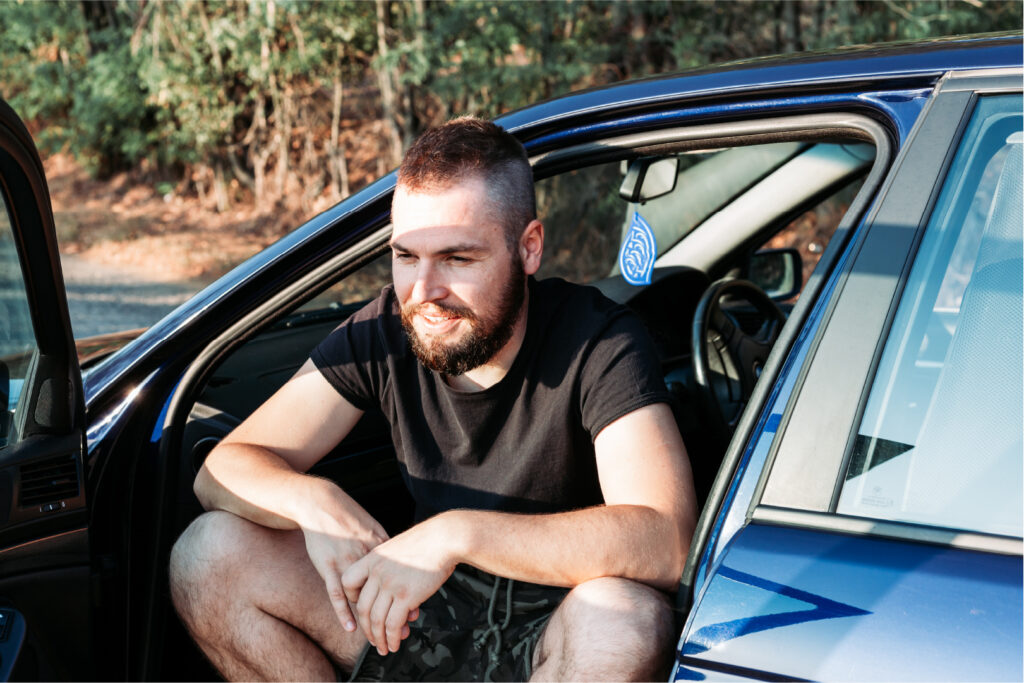

Thread Together
Cafs Thread Together makes an impact
In the face of escalating living costs and rising housing insecurity Cafs Thread Together has emerged as a beacon of hope for Central Highlands communities. In the last financial year the program provided vital support to 2,248 individuals – a 10% increase from the previous year – diverting over 19,000 clothing items from landfill to those experiencing hardship.
This surge in demand underscores the critical importance of the Cafs Thread Together service. Through mobile wardrobe visits we reached clients at crisis accommodation facilities such as Reid’s Guest House and Peplow House, ensuring that essential clothing items were readily available for those facing immediate challenges. Collaborating with 52 agencies, including The Smith Family and WRISC Family Violence Support, allowed us to expand our reach and better serve vulnerable individuals across the region.
Our pop-up events in Ararat, Daylesford, and Bacchus Marsh were particularly impactful, serving over 250 individuals and fostering community connections. Additionally, we distributed 100 clothing packs directly to clients facing barriers to accessing services, addressing the needs of those impacted by domestic violence and mental health issues.
Cafs Thread Together service receives no ongoing funding so each year Cafs must secure funding each year to keep the program operational. We would like to take this opportunity to thank everyone who donated funds or time to assist us in reaching vulnerable people. We strive to ensure that everyone has access to the essentials that promote not just survival, but a renewed sense of self-worth and hope as we look ahead.
The heartfelt testimonials from our clients highlight the profound impact of the program.
Hi Sally,
I ran into one of the guests at the local shopping centre yesterday and he was wearing some of his new clothes that he received from Thread Together this week.
Robert was keen for me to take a photo of him in his new clothes to show you and said they are the best fitting trousers he has ever had! Rob is very pleased with himself, happy with his new clothes, and very grateful.
Jenny
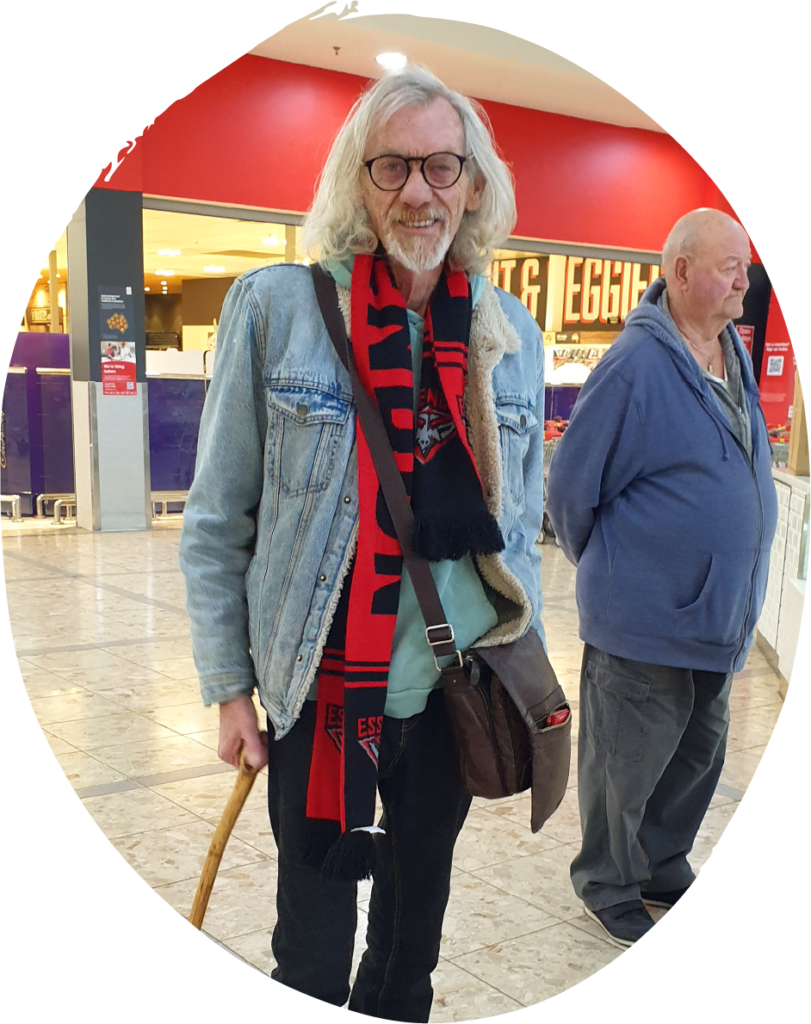
Treasurer's Report
Cafs has finished the 2023–2024 financial year in a strong financial position with the organisation continuing to deliver services to the most vulnerable of our community particularly young people, individuals and families.
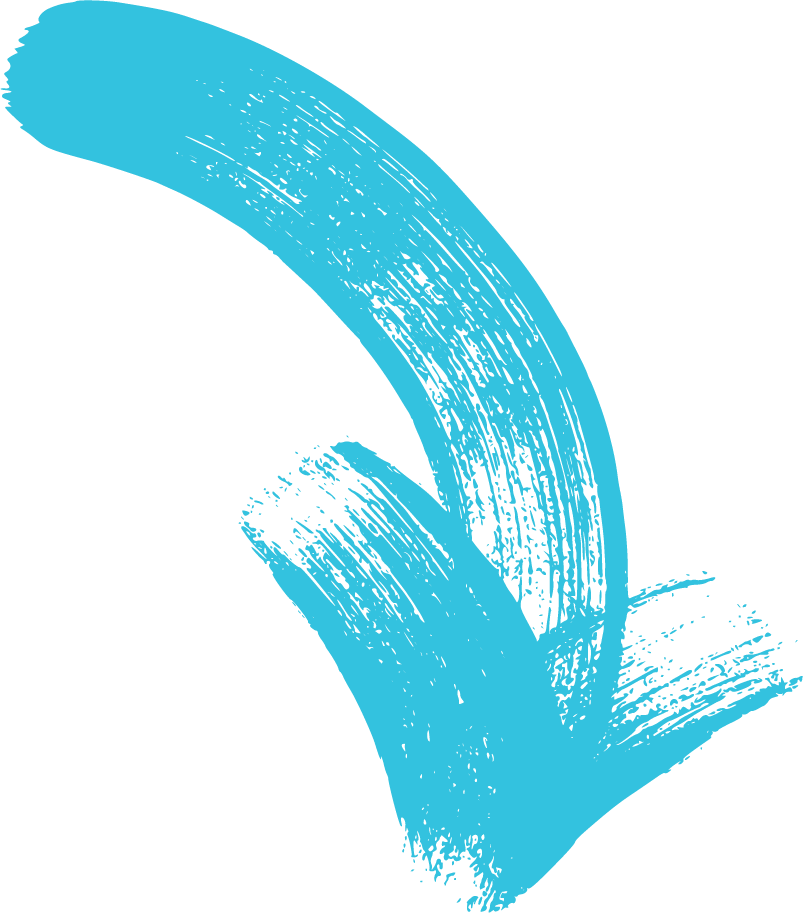
In my first year as Treasurer of Cafs I am pleased to report that, whilst our operating surplus was down on last year’s impressive results, it was a positive operating performance of $33,556 and, more so the highlight should be on the increase in net assets to $25,064,518 representing a 12% increase and putting Cafs in a strong financial position.
This year, Cafs consolidated service delivery and programs with a number of operational and executive undertakings to ensure longevity and growth of the organisation. This includes continued review of Property and Infrastructure and a strong focus on managing the Workcover premium expense by focusing on staff wellbeing and safety. The Employee Benefits Expense remains the largest and most important operational expense.
Upon careful consideration Cafs has relocated the investment portfolio to Australia’s leading wealth advisory managers JB Were. With this the Investment & Liquidity Policy was robustly redesigned and approved by the Board in March 2024. The investment portfolio represents 64% of net assets and JB Were have a focus on socially responsible investing and expertise in the Not for Profit and philanthropic areas, aligning with Cafs’ values.
Cafs continues to honour past history and redress settlement cases where these occur. In the last financial year Cafs had to defend a claim in which we were solely liable where Authorities at the time did not consider it necessary to invoke the “State Ward” procedure.
The financial statements outline a net loss on revaluation of buildings in the vicinity of $586,155 showing a deficit for the year, along with a gain on revaluation of land increase to bring total comprehensive income for the year to $2,700,425.
To conclude my report, a personal thank you to my fellow Board Members and the Finance & Resources Board Committee for their time and passion for Cafs and undertaking of a high standard of governance in all that we do.
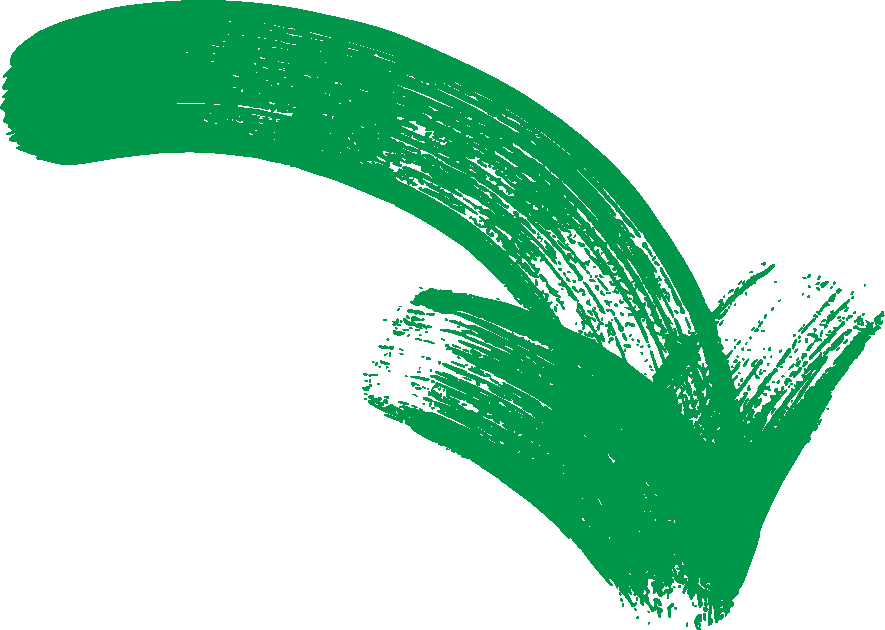
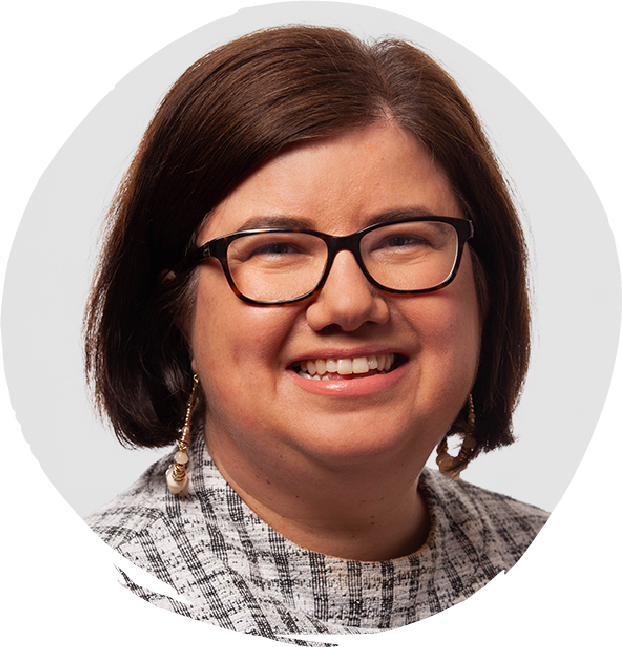

Gabby Howlett
Treasurer
Financial Summary
Acknowledgements
Cafs wishes to extend our sincere appreciation to our donors and supporters – the organisations, local businesses, individuals and Government (State and Federal) who have supported our work in the past year.
We thank you.
Government Support and Funding
Cafs acknowledges the support of the Victorian Government
Federal Government
Victorian Responsible Gambling Foundation
Attorney General’s Department
Family Safety Victoria
Magistrates Court Victoria
City of Ballarat
Moorabool Shire Council
Hepburn Shire Council
Pyrenees Shire Council
Donors
Amanda Noether
Anonymous Donation by CC
Anthony Agius
Ballarat Aquatic and Lifestyle Centre
Ballarat Carols by Candlelight
Ballarat Foundation Women’s Fund
Bayila Creative
Bendigo Community Bank
Christina Skipton
ED Black Trust
Estate for JM Kerr
Faye McLeod
Findex Community Fund
Gary Hevey
George & Margaret Menhennet
Grill’d
Hilton White Estate
Hope in a Suitcase
IGA Ryan’s Group
Isobella Foundation
Joe White Bequest
John Ross
Lee Palmer
Little Wonders Early Learning Centre
Lydiard General
Matthew Stevens
Naomi Biggs
Natasha Macknish
Nevett Lawyers
Perpetual Trustee Company Ltd
Peter Grant Trust
Selkirk Ballarat
Services Australia Staff at the Wendouree Smart Centre
SJD Foundation
Sovereign Hill Museums Association
Specsavers / Dynamic Teams
Springfest – Rotary Club of Ballarat
Sue Chandler
Timbeck Trust
Val Sarah
Walter and Eliza Hall Trust
Western Bulldogs
Wilson Family Trust
Winter Woollies for Ballarat
We also acknowledge the donors that provided support to Cafs through online donation platforms and workplace giving. We are very grateful for your generosity and ongoing support.
Cafs Ballarat
115 Lydiard St Nth, Ballarat 3350
Cafs Bacchus Marsh
52 Grant St, Bacchus Marsh, 3340
Cafs Ararat
4 Banfield St, Ararat, 3377
Cafs Daylesford
8 Park Lane, Daylesford, 3340
1800 MyCafs
1800 692 237
welcome@cafs.org.au
cafs.org.au
ABN 83 786 843 940


